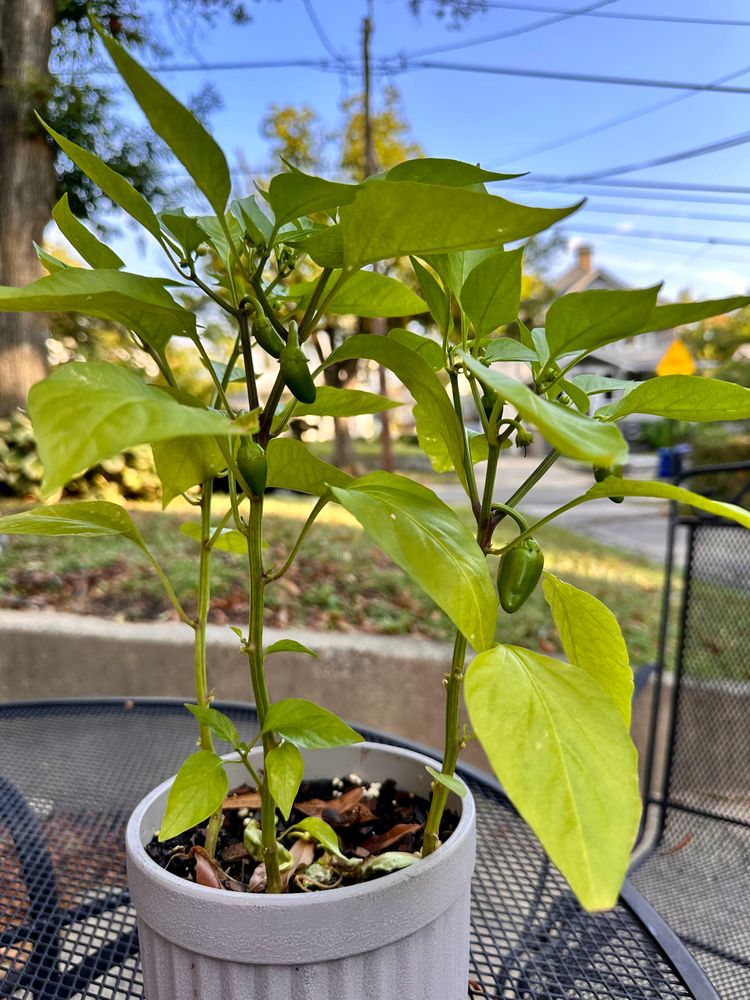Dunning Kruger Effect
When I was 11, my mom had shown me what a chord was on the piano (3 fingers on every other key). Within a couple of weeks, I was beginning to play songs by ear with both hands, even composing a few of my own. My parents soon suggested that I should take piano lessons. At first, I was insulted by this idea. What could a piano teacher tell me that I hadn't already learned about the piano in the few weeks I had been playing?
Welcome to Mount Stupid.
When we first learn about a topic or start to learn a skill, it can be so easy to believe that we have suddenly become an expert in something. We begin to learn an instrument; or how to build something out of lumber; we read an essay on theology; or an article on vaccines or infection diseases. Then, almost inevitably, our confidence in our own knowledge and wisdom skyrockets. This is so easy! How does no one else know about this incredibly obvious fact? I guess I'm the expert in insert-field-of-study-here in my friend group now!
This is called the Dunning Kruger effect, in which people with low ability at a task overestimate their ability. The more incompetent you are, the more likely you are to not recognize your incompetence.
You can illustrate this with the image above. As you start the journey in knowing something, you very quickly climb Mt. Stupid, in which your confidence is an order of magnitude greater than your actual knowledge. This is the most dangerous place to be because it can be so tempting to stay on Mt. Stupid; to dig our heels in on our new, little, tiny-infant-baby knowledge, and refuse to consider the idea, "Maybe someone else knows better than I do."
If we have a goal of growing as people, we have to be willing to consider that we:
- Are wrong about some things; 2) Have only scratched the surface of most of the topics we know something about; and; 3) That there are people - other than ourselves - that we should be listening to and learning from.
A few ways that I personally try to fight the Dunning Krueger effect in myself:
- As often as I can, I try to use the phrase, "I don't know enough to have an opinion an that topic."
- If I can't fairly and accurately articulate an alternative viewpoint on a subject, I probably don't know enough to comment on it.
- If my opinion goes against the generally agreed upon consensus, then I owe it to myself and to anyone who may listen to me to read long-form (usually books), peer-reviewed literature on the topic. If I can't find literature of that sort on the topic, then I need to proceed with extreme caution. If I don't know what the consensus and minority views are, then I for sure need to shut up until I do.
Climb off of Mt. Stupid. The view gets worse at first. But then it gets way better.



Member discussion